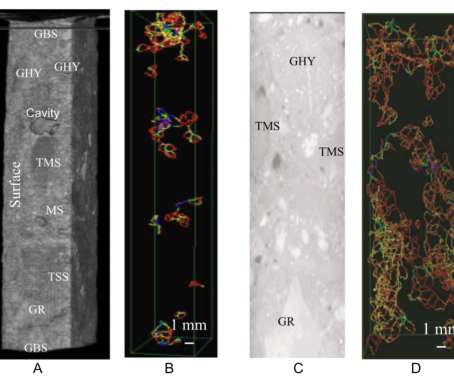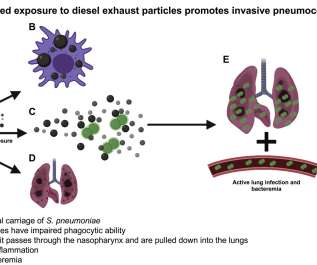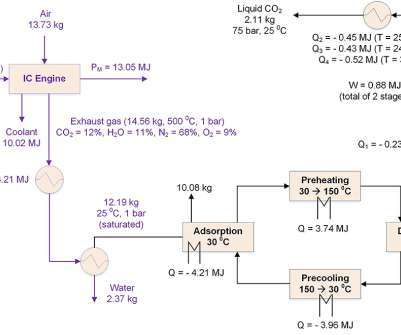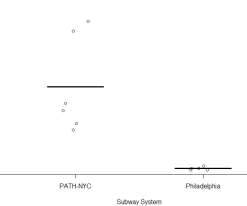Study links deterioration of concrete and asphalt to trace quantities of organic matter; diesel exhaust, windshield washer fluids
Green Car Congress
MAY 16, 2021
A team of scientists from six institutions, including Akihiro Moriyoshi, Emeritus Professor Hokkaido University, have found that the presence of Trace Quantities of Organic Matter (TQOM) in modern concrete structures and asphalt pavements drive the deterioration of these structures. CT scans showing cracks in damaged concrete. 0249761 ?.









































Let's personalize your content